by Barnie Choudhury
It is so easy to bash the BBC, so I may as well join in. Last year BBC News refused to acknowledge that Kamala Harris, the American vice-president, was of Indian origin. I emailed senior news executives, and I never got a response. Then there was the time the BBC breached its own guidelines by using the term “terrorist” to describe Muslims. But it refused to do so when it came to the “white supremacist”, Brenton Tarrant, even though the country’s prime minister used the t-word. Tarrant slaughtered 51 worshippers and injured 40 others at a mosque in New Zealand. Again, when I complained, no response from those in charge. So, I had to go through the labyrinthine BBC complaints system and Ofcom, the broadcast regulator. More of that later.
Own goals
Here comes more top own-goal hits in recent memory. The BBC’s “deeply deferential” culture which allowed Jimmy Savile and Stuart Hall to indecently assault young girls. The £2million pay out to Sir Cliff Richard. Newsnight’s Lord McAlpine story which led to the resignation of George Entwistle. Samira Ahmed’s equal pay fiasco. The sexed-up dossier and Hutton inquiry. Naga Munchetty and the impartiality debacle. Don’t forget the N-word farrago last year. This newspaper has spent the past year holding the BBC to account over bullying and racism charges. Indeed, we were mentioned in parliament for our work. And even today, I have current BBC colleagues telling me about “f*****g management”.
So, it would be easy for me to join the braying mob, with their pitchforks, demanding heads on sticks. Look, I may be in danger of going against the national mood, but I think what is happening to the BBC is appalling. Pause. Read again.
Let me be clear. What Martin Bashir did was a betrayal of journalistic principles, it was a betrayal of his BBC colleagues, and it was a betrayal of people of colour who work 10 times harder to keep their jobs.
Further, what I won’t do is take lectures from a home secretary accused of bullying people; or from a prime minister who, Tan Dhesi MP reminded us in parliament, was sacked for faking quotes; or newspapers with a culture of hacking the phones of dead teenagers and denying institutional, structural and systemic racism.
Leadership failure
The negative episodes I have mentioned boil down to one thing. A failure of senior leadership who fell asleep and relied on the “referral up” system which exists in the corporation. It is not the fault of honest colleagues with whom I worked side-by-side for 24 years, who grind against the odds to make great content. As with all organisations, nepotism exits in the BBC, and people are promoted beyond their level of competence. Good journalists and programme makers do not, always, make good leaders. In my experience many get into a group think mindset, that they must defend the BBC at all costs.
Tim Davie, director general, promised an examination of editorial standards. Having tried, and failed, to get an admission of error on using the t-word, having tried and failed to get a valid response from the BBC’s press office about the culture of racism and bullying, having tried and failed to engage senior leadership, I think the DG is focusing on the wrong thing. I have spoken to those inside the corporation, and they are clear, it is not about current editorial standards. Instead, it is about equality, a culture of fear, and the inability of managers to make decisions for fear of getting it wrong. The paralysis of inaction is palpable. Forget Ofcom. Having spent five years as non-executive director, having seen it put barriers in the way of investigating legitimate complaints, it is not fit for purpose. This is not just a BBC problem.
Brilliant BBC
I have just spent the past few months working with the most brilliant BBC colleagues, who worked long hours and weekends making, if I may blow my own trumpet, three great programmes. The point I am making is that, with the thousands of hours of broadcast news, it is so easy to spot errors of judgement. But here’s the thing, the BBC remains the world’s best news organisation – for all its faults. I continually remind critics that for 44 pence per day, cheaper than most newspapers, I get quality drama, arts, entertainment as well as my news fix.
The BBC has made self-recrimination, self-loathing, self-introspection into an art form. But it is time to act. It does need to make changes. But it needs to acknowledge that it will continue to make mistakes because staff are human. What Davie must do now is not to get distracted. Now is the time not just to instruct, but to inspire and innovate. That means creative risk taking, and true leadership.
Barnie Choudhury is a former BBC correspondent who spent 24 years working for the corporation. You can hear his series on the northern riots on BBC Sounds.
https://www.bbc.co.uk/programmes/m000vx2y
https://www.bbc.co.uk/programmes/m000w32l
https://www.bbc.co.uk/programmes/m000wc52




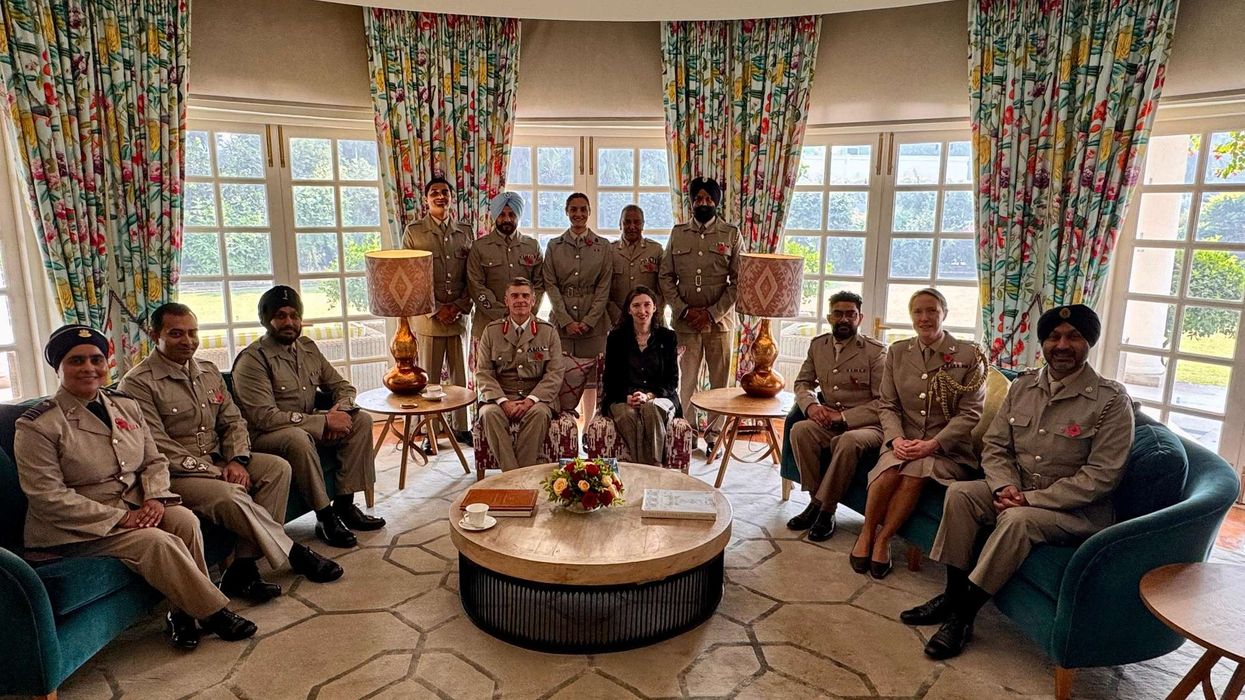
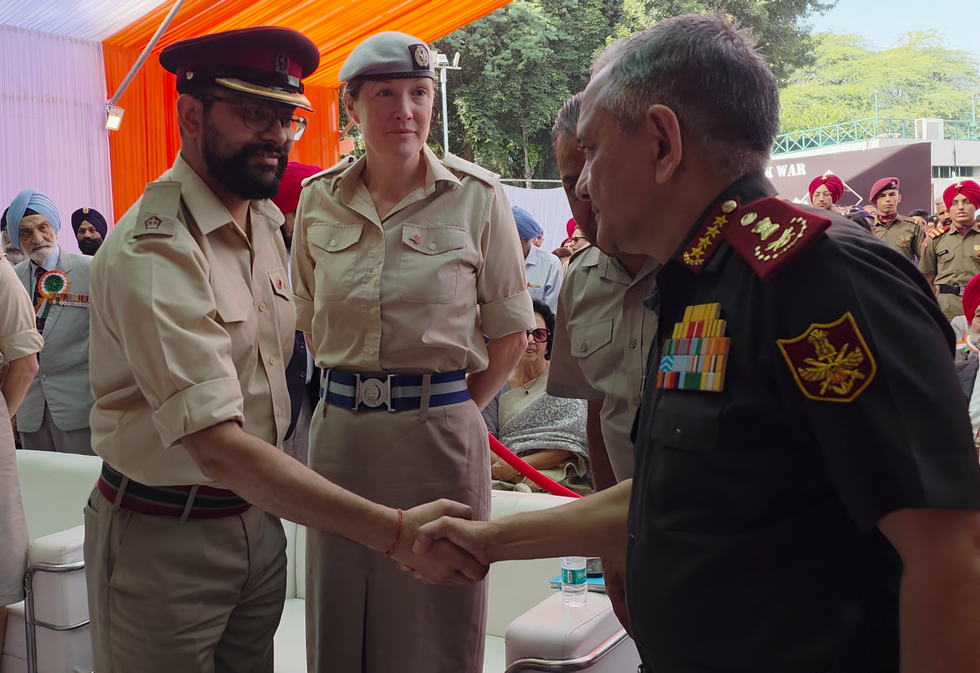

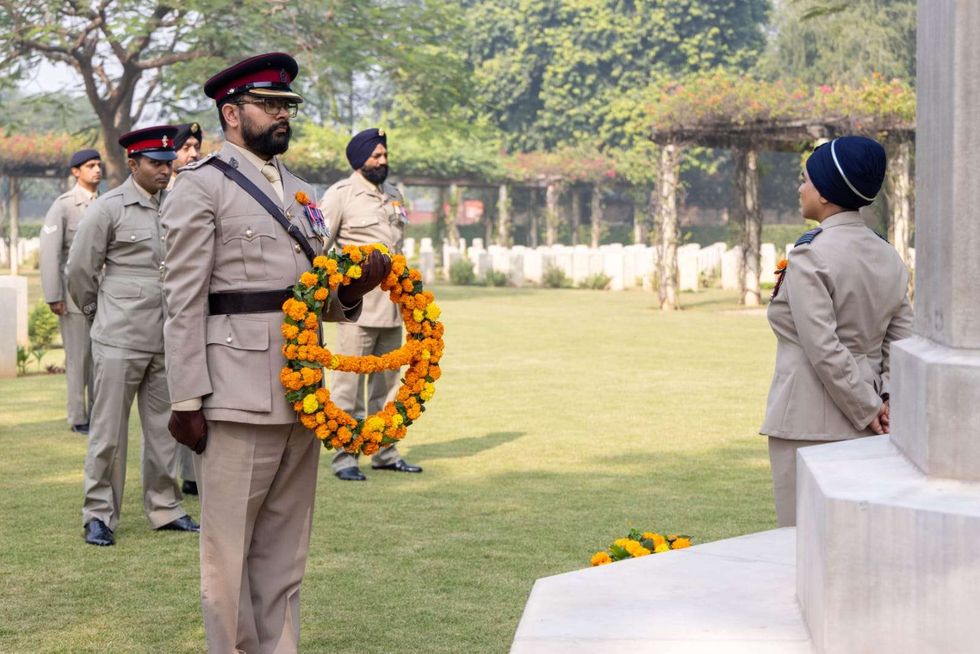
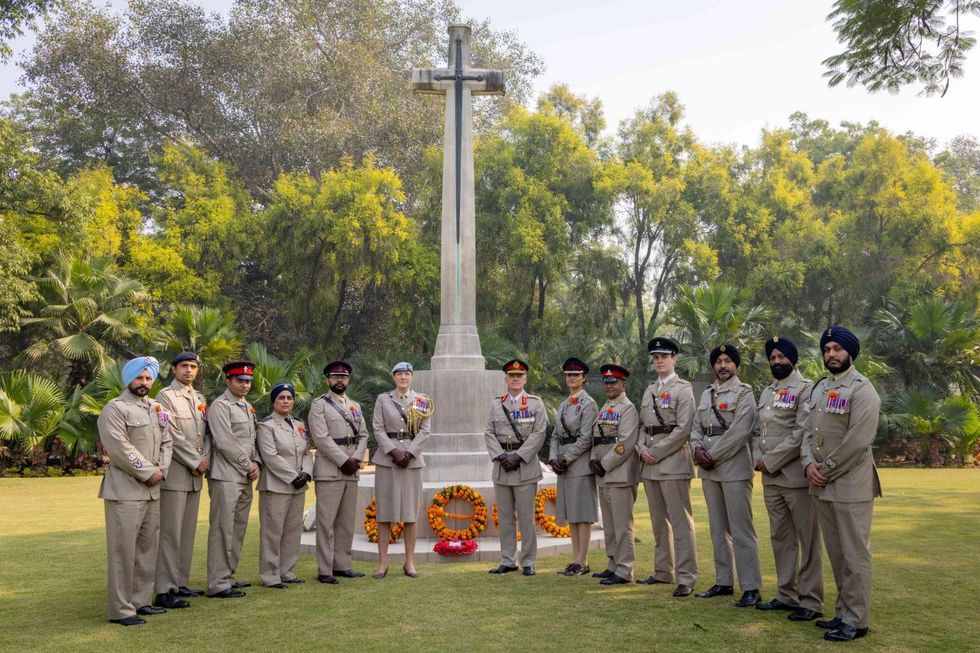
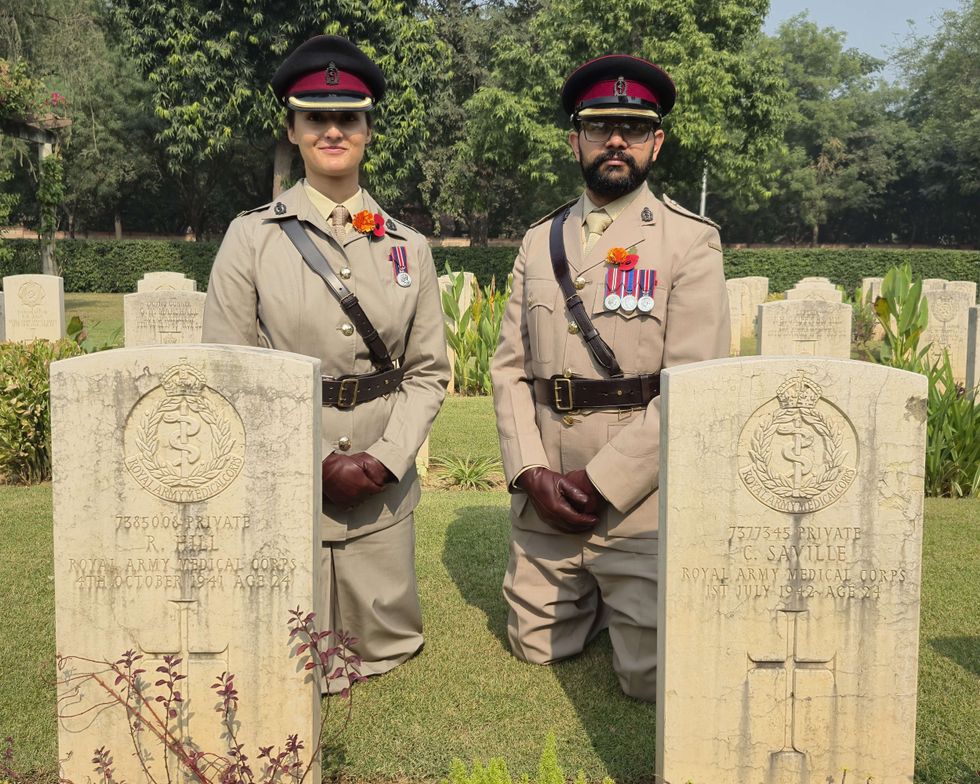








Weaken the BBC at your peril